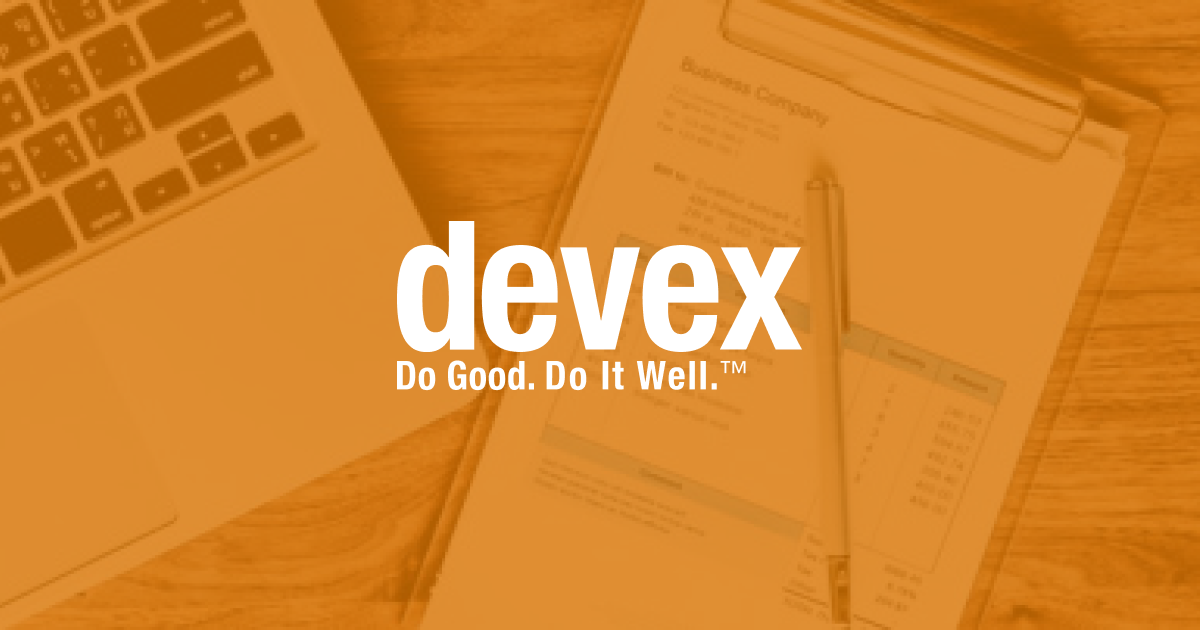Robinhood has expanded its cryptocurrency services by introducing Ethereum and Solana staking to US customers. The platform announced the new feature on Thursday, allowing users to stake digital assets and earn rewards with a minimum investment of just $1.
Staking is now available for U.S. customers.
Stake ETH and SOL on Robinhood Crypto with as little as $1 of crypto. pic.twitter.com/sD5l2rRPxN
— Robinhood (@RobinhoodApp) July 10, 2025
The staking service is available in most US states but excludes California, Maryland, New Jersey, New York, and Wisconsin. These states remain restricted due to local regulatory requirements that prevent the offering of staking services.
Robinhood’s staking platform targets retail investors by simplifying the technical process of cryptocurrency staking. Users can select their preferred cryptocurrency and initiate staking through the mobile app interface without handling complex validator setup procedures.
The platform uses a pooled staking approach for Ethereum that combines customer deposits into validator batches. Each validator requires 32 ETH to operate, so Robinhood aggregates smaller user stakes to meet this threshold requirement.
Ethereum staking rewards on Robinhood range from 50% to 100% of the network’s protocol rate. The variation depends on the efficiency of batch formation and reward distribution within the pooled system.
For Solana staking, users can lock SOL tokens to earn rewards while Robinhood manages the technical requirements. The platform handles validator operations and provides rewards to users based on network confirmation of their stake.
The staking process begins with users selecting their cryptocurrency and deposit amount through the app. After a brief bonding period, rewards start accumulating based on network conditions and applicable fees.
Rewards are paid in the same cryptocurrency being staked and updated regularly in the platform’s staking interface. Users cannot sell their staked tokens during the bonding period, which varies by blockchain protocol.
The unbonding process allows users to withdraw their staked assets after the required waiting period ends. This timeframe differs between Ethereum and Solana based on each network’s specific requirements.
Robinhood displays all applicable fees upfront to maintain transparency in the staking process. The platform aims to balance accessibility with clear disclosure of charges and reward structures.
The launch comes after a period of regulatory uncertainty that previously prevented Robinhood from offering staking services in the US. The Securities and Exchange Commission’s unclear guidelines had created hesitation around staking offerings for retail platforms.
Recent legislative changes have provided improved regulatory clarity for cryptocurrency staking services. This development enabled Robinhood to launch the feature for most US users while maintaining compliance with federal requirements.
Starting October 1, 2025, Robinhood will implement a 25% commission on staking rewards. This fee applies in addition to any charges from third-party validators that support the staking infrastructure.
The fee structure aligns with industry standards for cryptocurrency staking services offered by major platforms. Robinhood positions this as a transparent approach that discloses all costs before users commit to staking.
The company had previously offered staking services to European customers before expanding to the US market. This expansion represents a step in Robinhood’s broader strategy to enhance its cryptocurrency service offerings domestically.












